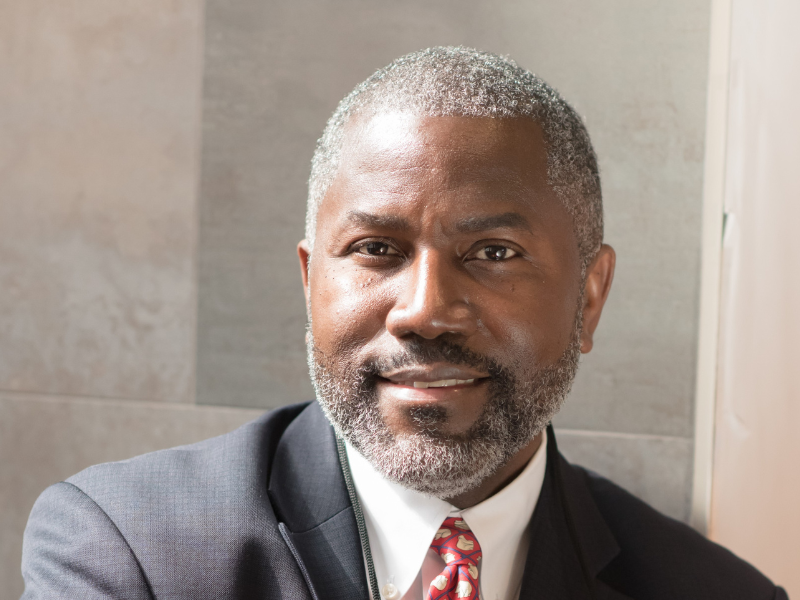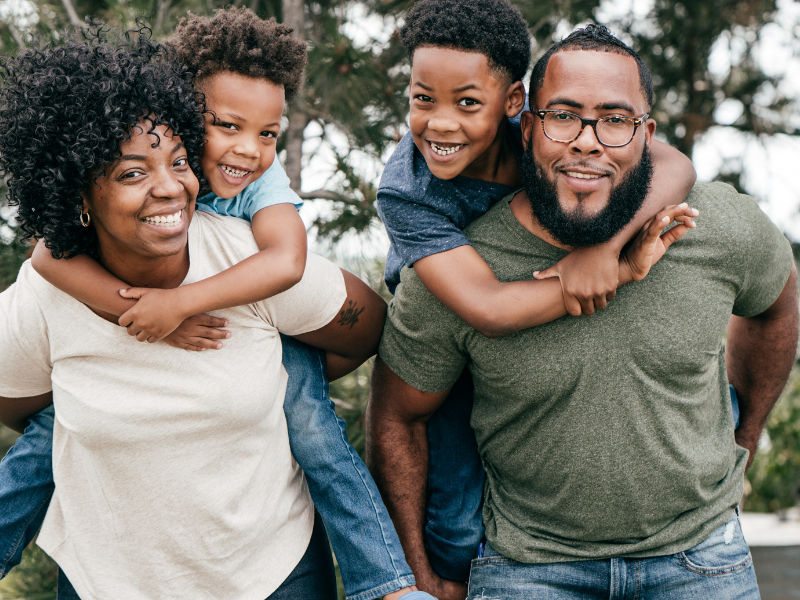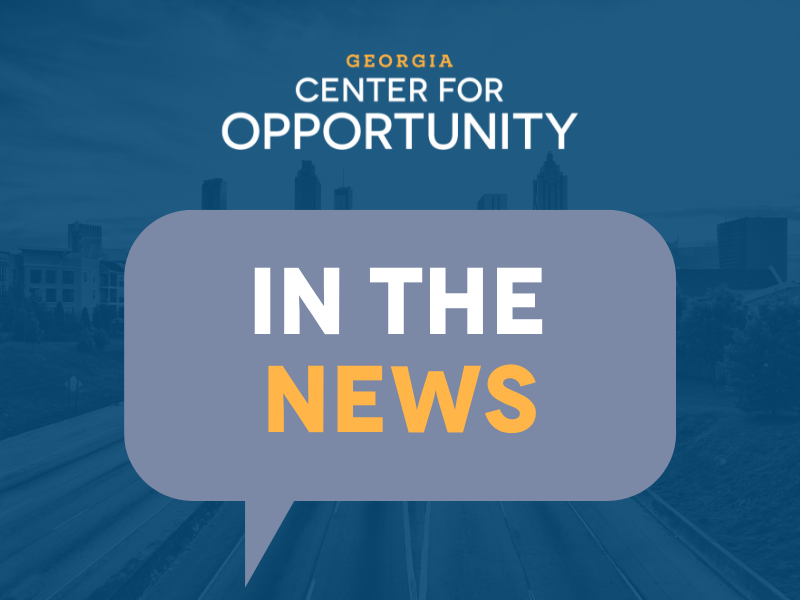
AEI’s Ian Rowe brings his experience & knowledge to the Breakthrough event

AEI’s Ian Rowe brings his experience & knowledge to the Breakthrough event
Key Points
- Mr. Rowe has emerged as a dynamic voice on education, upward economic mobility, family formation, the Success Sequence, and adoption.
- The family Breakthrough event will focus on the importance of people of all ages knowing their ABCs — Attitude, Behavior, and Choices.
- The event is on Thursday, August 25, from 10:30am to 12:30pm at Sonesta Gwinnett Place Atlanta in Duluth, Georgia. Lunch is included.
There is a close link between the quality of your relationships and the quality of your work life. To further explore and explain this link, the Georgia Center for Opportunity team is honored to welcome Ian Rowe — senior fellow at the American Enterprise Institute — to our upcoming family Breakthrough event focused on family and relational health.
The event is on Thursday, August 25, from 10:30am to 12:30pm at Sonesta Gwinnett Place Atlanta in Duluth, Georgia. Lunch is included.
The family Breakthrough event will focus on the importance of people of all ages knowing their ABCs — Attitude, Behavior, and Choices. Martin Seligman, the father of human flourishing, says that to flourish is to find fulfillment in our lives, to accomplish meaningful and worthwhile tasks, and to connect with others at a deeper level. In essence, to live “the good life.” But “the good life” is impossible if your relationships are broken and you’re living in poverty.
Ian Rowe will address the link for us. Mr. Rowe has emerged as a dynamic voice on education, upward economic mobility, family formation, the Success Sequence, and adoption. The Success Sequence is the basic idea that those who follow a three-step process — graduate from high school, wait until marriage for children, and get a full-time job — are virtually guaranteed to not be in poverty. They also have a strong likelihood of entering the middle class.
Mr. Rowe is also co-founder of Vertex Partnership Academies, a new network of character-based International Baccalaureate high schools opening in the Bronx in 2022; the chairman of the board of Spence-Chapin, a nonprofit adoption services organization; and the co-founder of the National Summer School Initiative.
“When it comes to fighting poverty and creating opportunity, Ian Rowe is one of the most effective and eloquent leaders in the United States,” shares Randy Hicks, GCO’s president and CEO. “His leadership isn’t just based in theory and his expansive knowledge, but in his hands-on experience in leading and serving schools that are transforming lives.”
Randy will guide the discussion with Mr. Rowe at the family Breakthrough event. Topics will include:
- What is the correlation between broken relationships and poverty?
- Can you have one without the other?
- If there were no broken relationships, would poverty exist?








